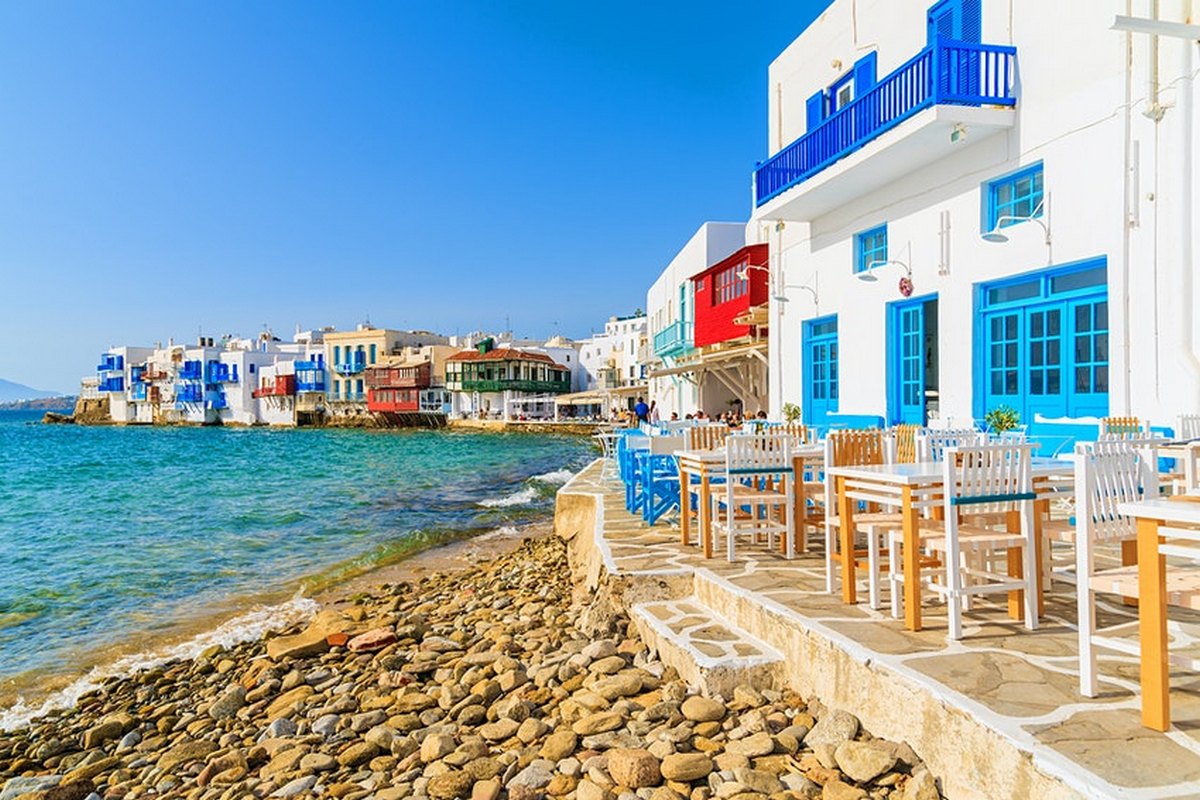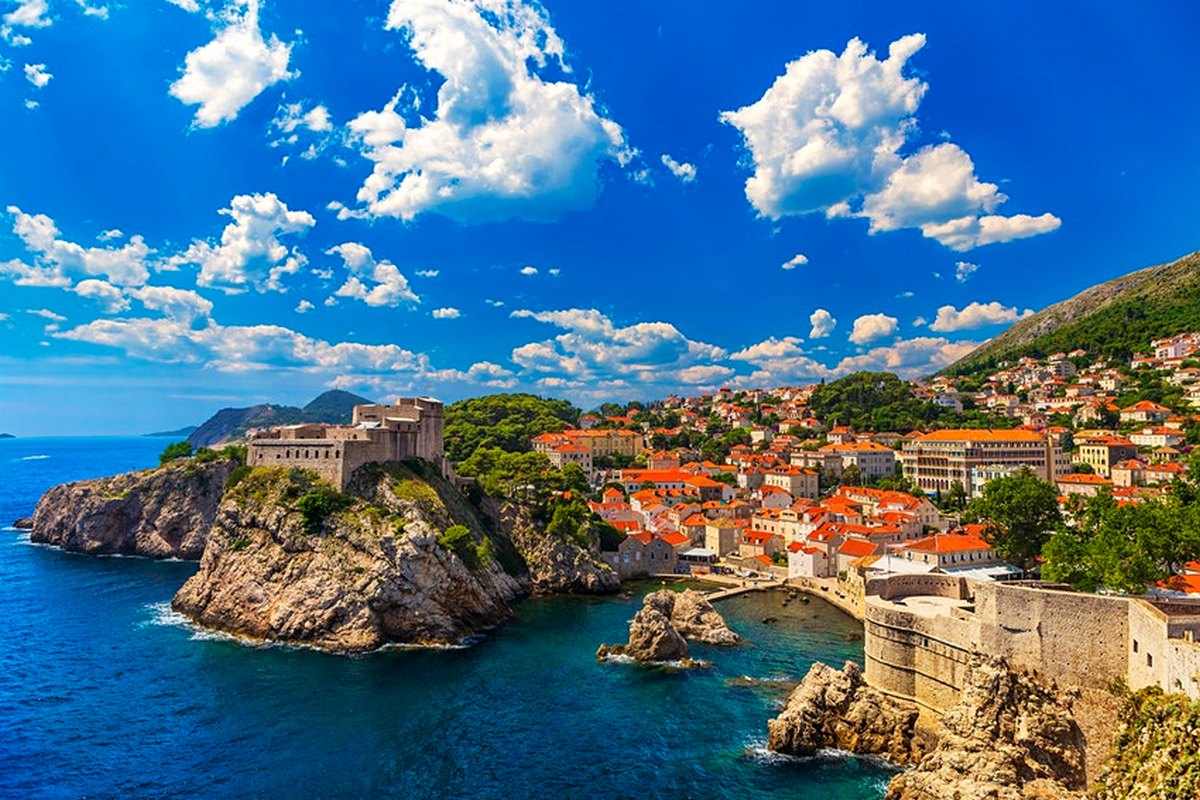Summer travel continues in Europe, as nine countries have already started issuing COVID-19 digital certificates to the European Union (EU).
What is the EU COVID-19 digital certificate?
The certificate tracks the status of COVID-19 EU citizens; indicating whether the owner has been vaccinated, tested negative for the virus, or has been cured of the infection. Some countries will issue their own certificates. Each hospital, test center, or health care facility has its own digital signature, and all of these signatures are stored in a secure database in each country and verified throughout the unit in a technical system or “gateway” that was born last week.
How does it work?
The digital certificate is stored on a mobile device, but citizens can also request a paper version. Both will have a QR code that contains important information, as well as a digital seal to ensure the authenticity of the certificate. Upon receipt of the certificate, every EU or third-country national legally residing or residing in the EU must be exempted from restrictions on free movement, including quarantine and additional tests, “if they are not necessary and proportionate to the health of the population”.

Which countries issue it?
The system is currently being tested for citizens and visitors in Spain, Bulgaria, Croatia, the Czech Republic, Denmark, Germany, Greece, Lithuania and Poland before its official launch in July, when it is expected to be used by the rest of the EU member states. These countries have up to six weeks to implement the digital certificate after it takes effect on July 1. The certificate also applies to European Schengen Member States, including Iceland, Liechtenstein, Norway and Switzerland.
It is free?
Yes, the certificate is provided free of charge.
Which vaccinations are approved?
EU countries will accept vaccination certificates for vaccines approved by the European Medicines Agency (EMA), including Moderna, Pfizer / BioNTech and Johnson & Johnson. However, Member States may decide to accept travelers who have received another vaccine, such as those listed by the World Health Organization (WHO), for emergency use.
Can children get a certificate?
The EMA has approved the use of BioNTech Pfizer for children aged 12 to 15 years. Unvaccinated children may need to present a negative PCR result for travel to certain countries, but usually children may present a negative test result or a certificate of recovery. The EU Commission has ruled that children under the age of six are exempt from any testing requirements.

Can I use the COVID-19 digital certificate if I travel to Europe outside the EU?
As the COVID-19 digital certificate comes into force, the EU is also working to open the unit this summer to vaccinated nationals from third countries, including the United States. It will also allow entry to citizens from low-risk countries and will publish a list of these accepted countries in the coming days. Currently, only eight countries are on the safe list, including Australia, New Zealand and South Korea.
Ultimately, Member States have the final say on their border controls and will decide whether to accept evidence of vaccination to lift travel restrictions for third-country nationals, although some countries, such as France, already accept vaccinated American tourists.
Meanwhile, the UK has issued its own digital certificate. As the UK is no longer part of the EU, the UK is not part of the European digital health certificate plans. The EU is currently in talks with the UK to extend the COVID certificate to cover its residents, but restrictions are currently in place due to concerns about the spread of the Delta strain across the UK.

